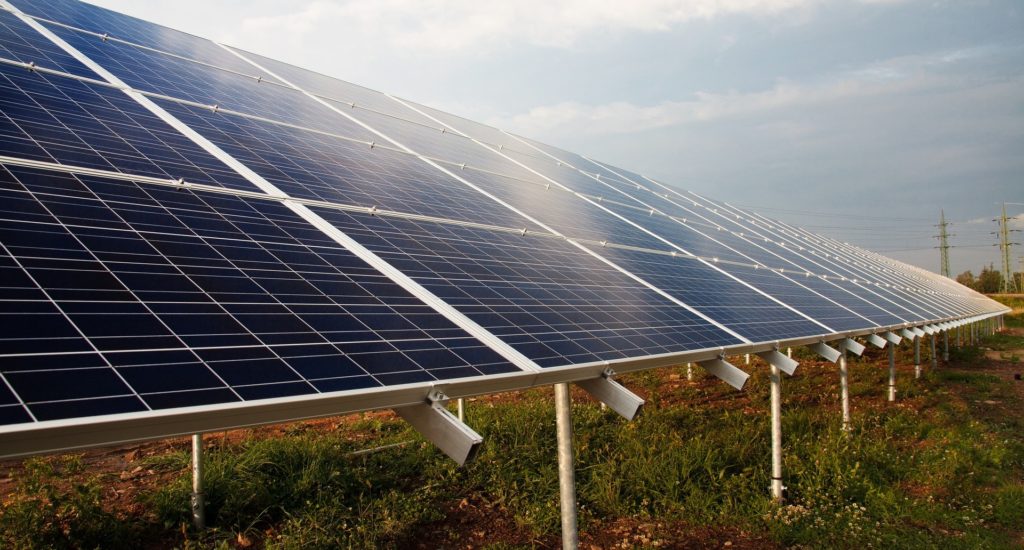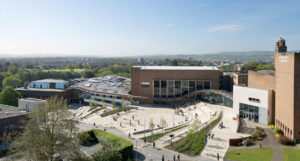Environmental benefits at the heart of new solar research partnership

In an industry first, EDF Renewables UK and Nature Positive have today announced a long-term academic partnership with the University of Exeter’s Environment and Sustainability Institute (ESI) to study the ecological effects of solar farms at Longfield Solar Farm.
This partnership – the first in what EDF Renewables UK expects to be long-term research programme – will examine the effects large-scale solar farms can have on soil health, fauna, wildlife habitats and carbon flux under and adjacent to arrays.
An experimental area of approximately 50 hectares within the site will allow researchers to test different management regimes and compare areas of solar panels with undeveloped agricultural land, providing evidence on the potential for land under solar farms to generate net benefits for biodiversity, carbon and soil quality.
The outputs of the research will influence ecological initiatives at Longfield Solar Farm – a new solar farm with battery storage in Essex capable of providing enough clean, secure energy to power up to 96,000 homes every year.
Construction on its main site is expected to begin next year, with some early works already completed on site – including over six acres of advanced planting of new trees and hedgerows.
Announcing the partnership today, Matthew Boulton, Director of Solar, Storage and Private Wire at EDF Renewables UK, said: “This research is critical to our commitment to balancing the creation of renewable energy with the protection of our important green spaces and we are thrilled to be partnering with the University of Exeter to make it happen.
“Having robust data will be invaluable for measuring the tried and tested biodiversity improvements we already make, while also informing future decision-making to maximise biodiversity improvements on each of our solar farms.”
Dr Jon Bennie, from the ESI at the University of Exeter’s Penryn Campus in Cornwall, said: “If managed appropriately, solar farms present significant opportunities to provide habitat for wildlife, enhance biodiversity and maintain healthy soils and ecosystems.
“This long-term piece of research will allow us to study the potential benefits and challenges involved in the construction and operation of solar farms, helping to inform management decisions to maximise these environmental gains and minimise potential risks.”
Mark Lang, from Nature Positive, said: “Whilst solar farms have become increasingly important in meeting the national need for renewable energy, the potential benefits they can have in improving biodiversity and providing other ecosystem services have to date been poorly understood.
“It is hoped the research will contribute to the collective understanding of how solar farms can be effectively managed to enhance biodiversity, influencing current best practice in the rapidly growing solar industry.”
The research programme is planned to begin later this year, spanning across six years so that the part-time PhD is able to take measurements before, during and post development.



